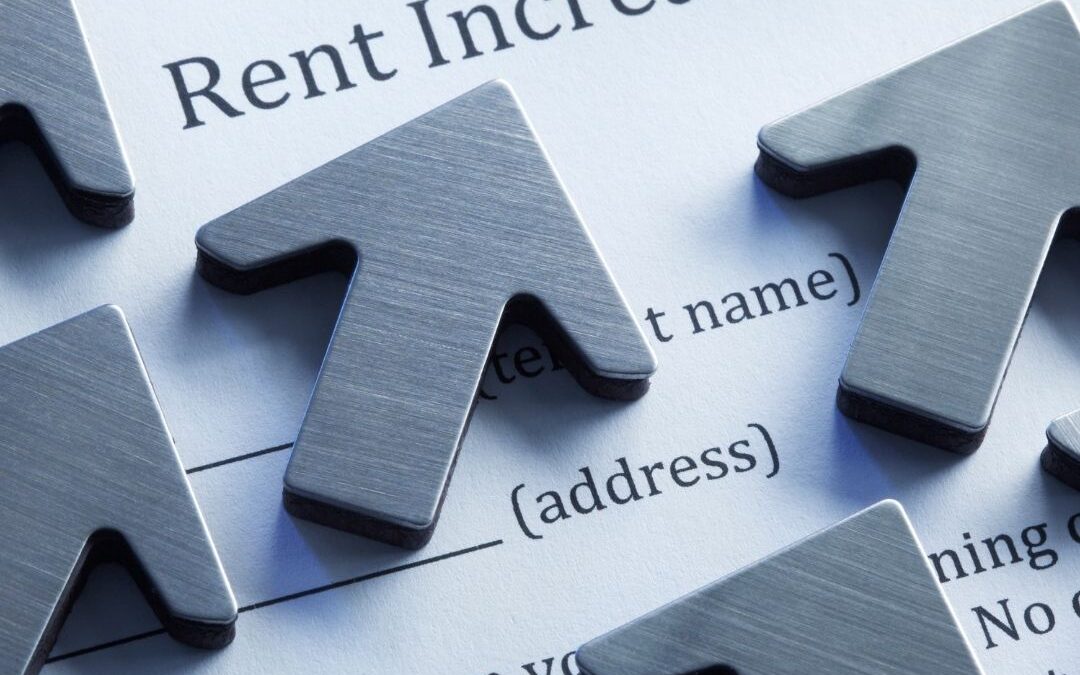Just as the California state-wide Covid-19 State of Emergency halted most evictions, rent increases were also considered to mitigate economic hardship. To prevent price gouging by landlords, a law was passed banning rent increases of more than 10% of pre-pandemic prices. So if your rent was $1,000 per month prior to the declaration, and your landlord increased it to $1200 after March 4, (20% more) this increase would have been illegal. The maximum raise in rent would be $100 for rent-controlled properties.
Individual cities and counties may have had even stricter rules. Here’s a timeline showing how protections from rent price gouging evolved in San Francisco:
- April 24, 2020: Mayor Breed approves an ordinance passed by the City and County of San Francisco to temporarily prohibit rent increases. The initial effective date was April 7, 2020.
- July 7, 2020: Temporary rent increase freeze extended 60 days.
- August 25, 2020: Rent freeze extended through October 21, 2020.
- October 21, 2020: Effective date for end of rent freeze.
Does Your Landlord Owe You Money?
If your landlord installed retrofitted your apartment building and passed the costs along to tenants through a 20% rent hike during the freeze, your landlord could owe you money and should immediately refund you. Capital improvement passthroughs were not allowed during the freeze.
If major repairs were needed to your building beyond normal maintenance, a larger rent raise might be allowed. If you signed a contract agreeing to a larger rent increase before the rent freeze, your landlord could again prevail on an exception.
Does the freeze apply to every type of rental unit?
No. Increases were allowed for properties exempt from San Francisco’s local rent control regulations. Also, rent increases permitted by state laws (such as the Tenant Protection Act of 2019) were also exempt from the freeze. Properties in this category would include single family home rentals and multi-family residences less than 15 years old as of January 1, 2020).
In case you were served with a rent increase notice during the freeze
Your landlord was allowed to serve the notice, but not allowed to collect the increase until after October 21, 2020. Your landlord must issue a new rent increase reinstating the deferred notice after that date. The increase may then be due as a rolling payment for 12 months, or it could be added to coincide with the annual tenant anniversary increase. Landlords should make the terms of the increase repayment clear, particularly when passthroughs are involved, such as utility, water revenue and general obligation bonds, and capital improvement passthroughs.
If you believe your landlord has not complied with the law, or a dispute arises, contact an experienced tenant lawyer as soon as possible.
Know your rights. Protect yourself.


 (415) 533-0735
(415) 533-0735 (415) 843-0496
(415) 843-0496